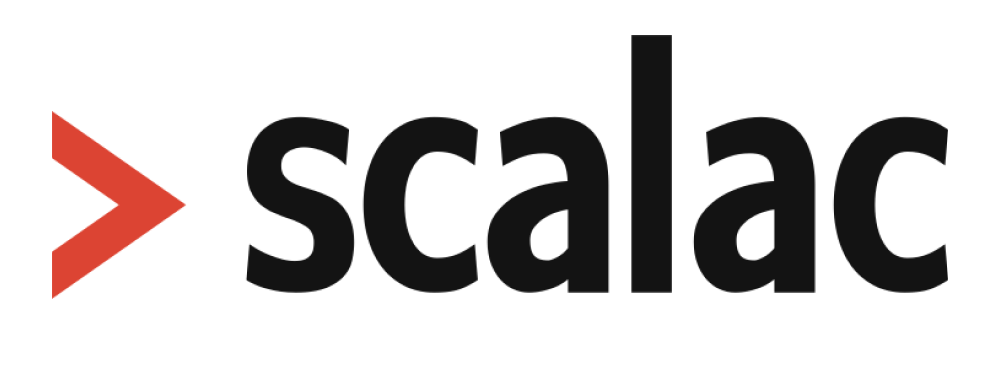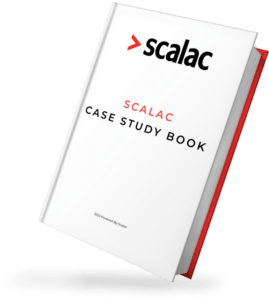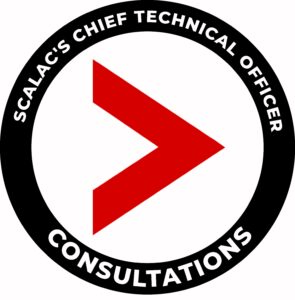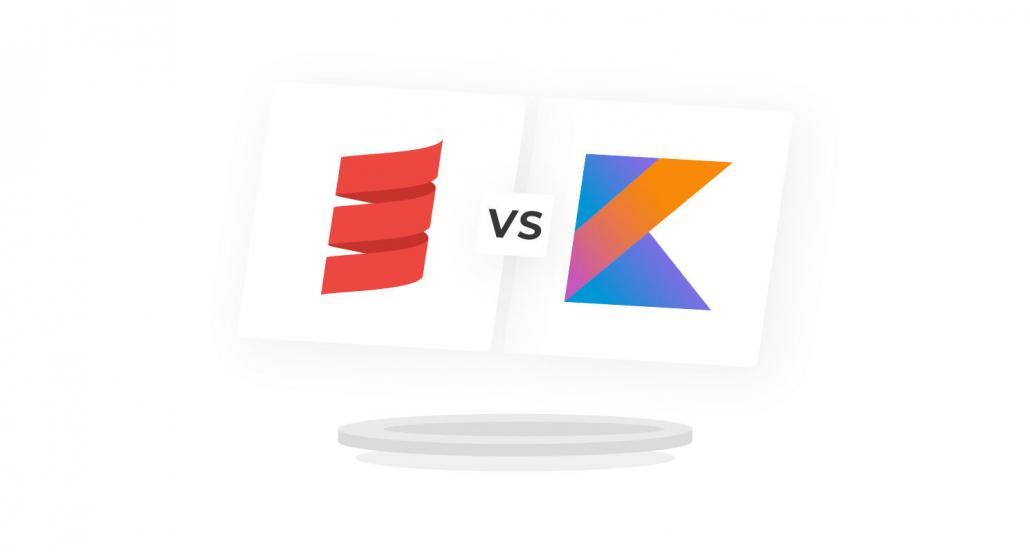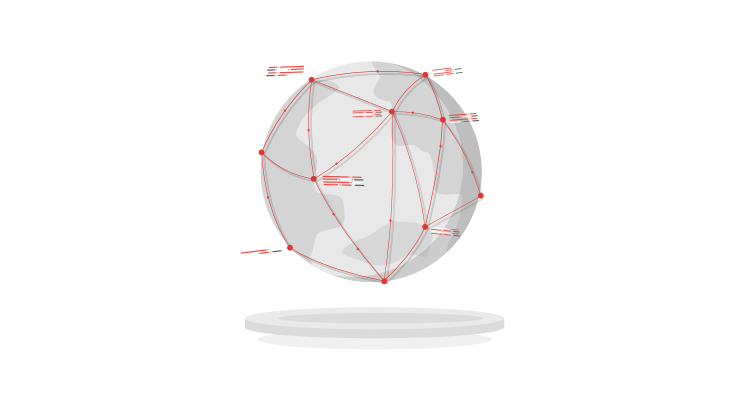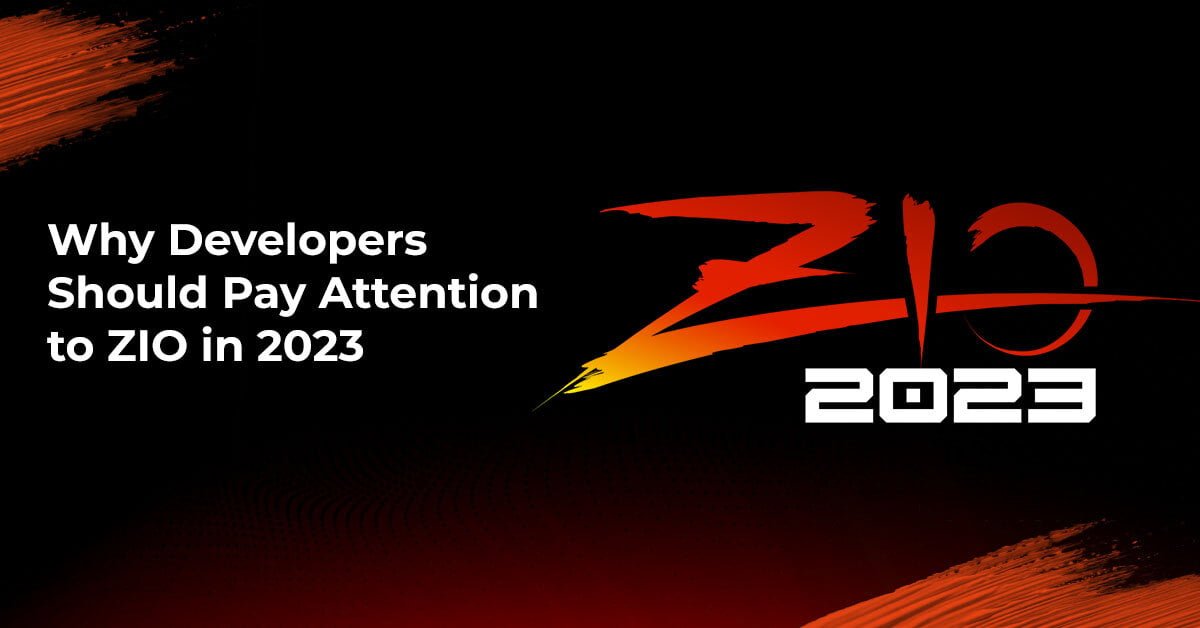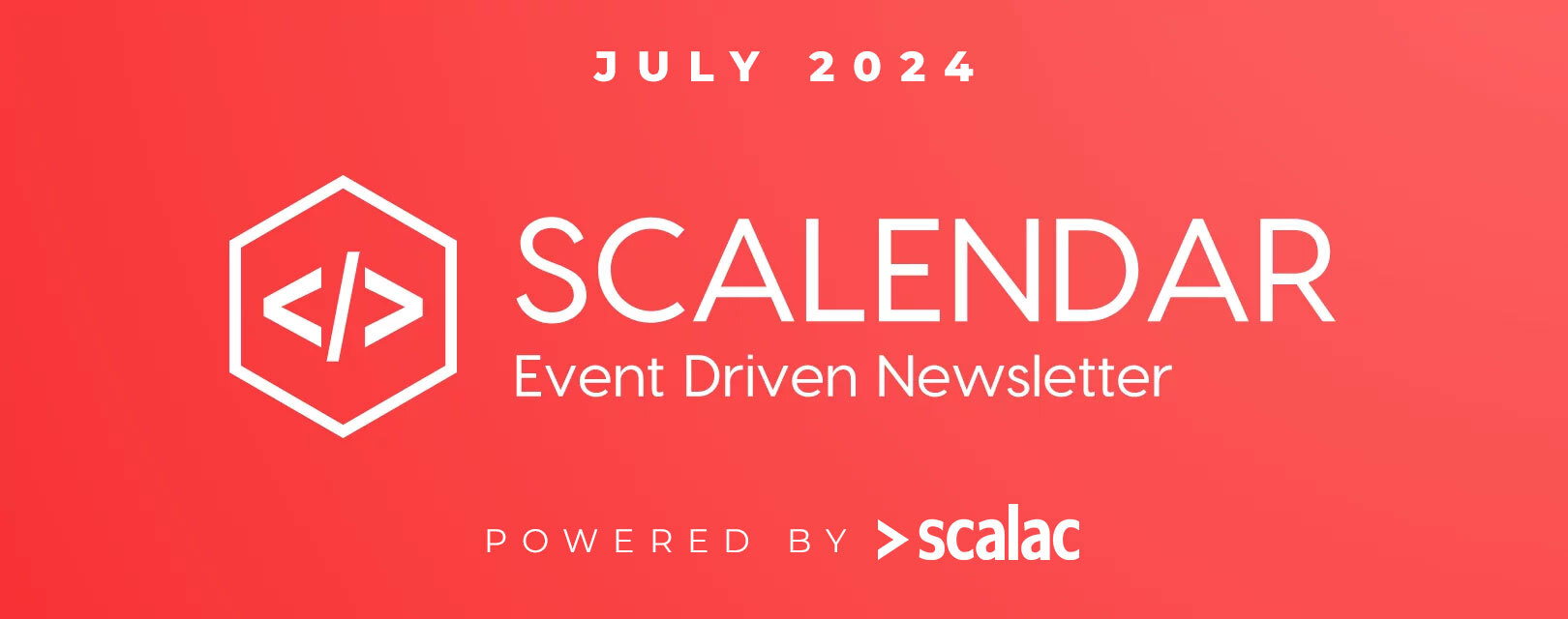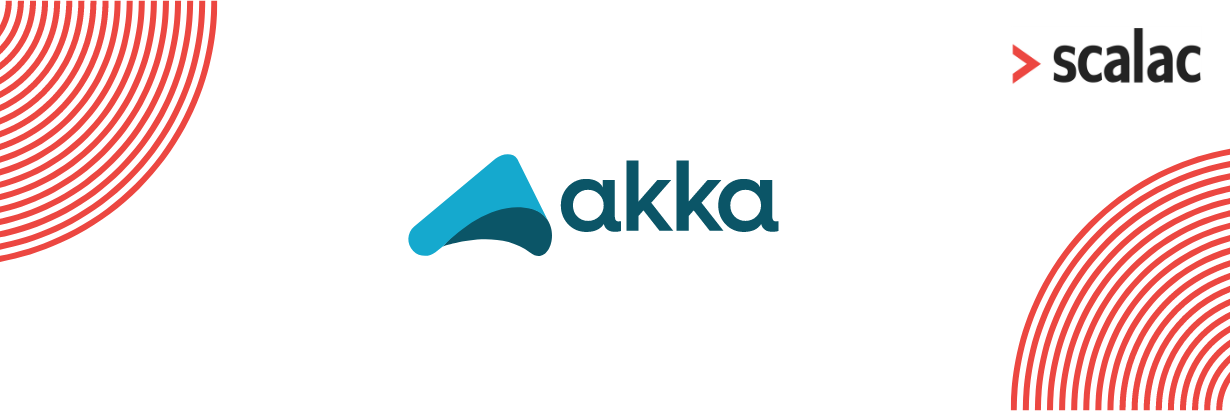
Scala and the Future of Programming Languages: A Conversation with Lucas Kuczera

The programming world is a dynamic landscape that continually evolves with the emergence of new technologies and approaches. Scala is a programming language that has significantly impacted in recent years. In this article, we delve into the insights provided by Lucas Kuczera, the founder and CEO of Scalac, a company specializing in assisting clients in developing code using elegant programming languages. Through an engaging conversation, we’ll explore the state of Scala, the integration of AI in programming, and the evolving role of programmers.
A Scala Success Story: Scalac’s Beginnings
Lucas Kuczera’s journey with Scala began around 2010 when he first encountered the language at an unconference. Although the initial presentation left him somewhat perplexed, his curiosity led him to explore Scala further by reading Martin Odersky’s Scala book. This exploration revealed Scala’s potential as a language that could address various issues he had encountered with Java. Impressed by Scala’s capabilities, he embarked on a mission to promote and use the language in his daily work.
However, the scarcity of Scala engineers and his familiarity with remote work prompted Lucas to establish Scalac in 2014 as a remote-first company. This decision proved strategic, considering the growth in Scala’s popularity and the subsequent rapid expansion of his company. Over time, Scala began to gain momentum as a middle ground between object-oriented and functional programming, making it an accessible entry point into the world of available programming.
Scala’s Role in the Programming Landscape
Scala’s journey from its inception to today has seen it play a crucial role in the programming landscape. Lucas describes Scala as a bridge between object-oriented and functional programming, a stepping stone for programmers to transition into functional paradigms. Furthermore, the influence of languages like Haskell and Clojure can be observed in Scala’s development, with functional features becoming integrated into more traditionally object-oriented languages like Java.
The programming community is increasingly looking towards AI and machine learning for solutions, and Python has become the dominant language in this domain. However, Lucas believes languages beyond Python will eventually emerge as contenders for developing AI solutions. He mentions the emergence of Modular, a new language for AI, as a potential candidate that could offer a blend of performance and type safety.
Programming and AI Integration
With the rise of AI, there are concerns that AI tools like ChatGPT might replace programmers. Lucas views AI tools as assistants that can help programmers be more creative and efficient. He emphasizes that AI can assist in tasks like bug fixing, which often consumes significant time, allowing developers to focus on more creative aspects of software development. While AI may automate specific tasks, it is unlikely to replace the creativity, problem-solving, and decision-making abilities that skilled programmers bring to the table.
The Future of Scala and Programming Communities
Despite discussions about Scala’s popularity decline, Lucas notes that the language continues to experience steady growth, even if not as dynamically as before. The Scala community remains vibrant and innovative, constantly contributing to the language’s development and pushing it forward. Scala’s adoption continues, driven by its unique blend of object-oriented and functional programming paradigms.
Lucas is committed to growing the Scala community through initiatives like meetups, conferences, and educational programs to nurture new talent. He firmly believes in the power of remote work and harnesses it to enable talented individuals, including students, to become proficient in Scala programming and join the community.
Conclusion
The world of programming languages is marked by constant change and evolution. Scala has carved a unique path by bridging object-oriented and functional programming, making it an accessible platform for seasoned engineers and newcomers. As AI continues to weave its way into the programming landscape, AI tools like ChatGPT stand as helpful aids rather than replacements for skilled programmers.
As discussed by Lucas Kuczera, the future of programming languages is a fusion of innovation, community engagement, and the integration of AI in a way that empowers programmers rather than diminishes their role. Scalac’s dedication to nurturing new talent and fostering a thriving Scala community underscores the importance of collective growth and collaboration in shaping the programming landscape of tomorrow.
